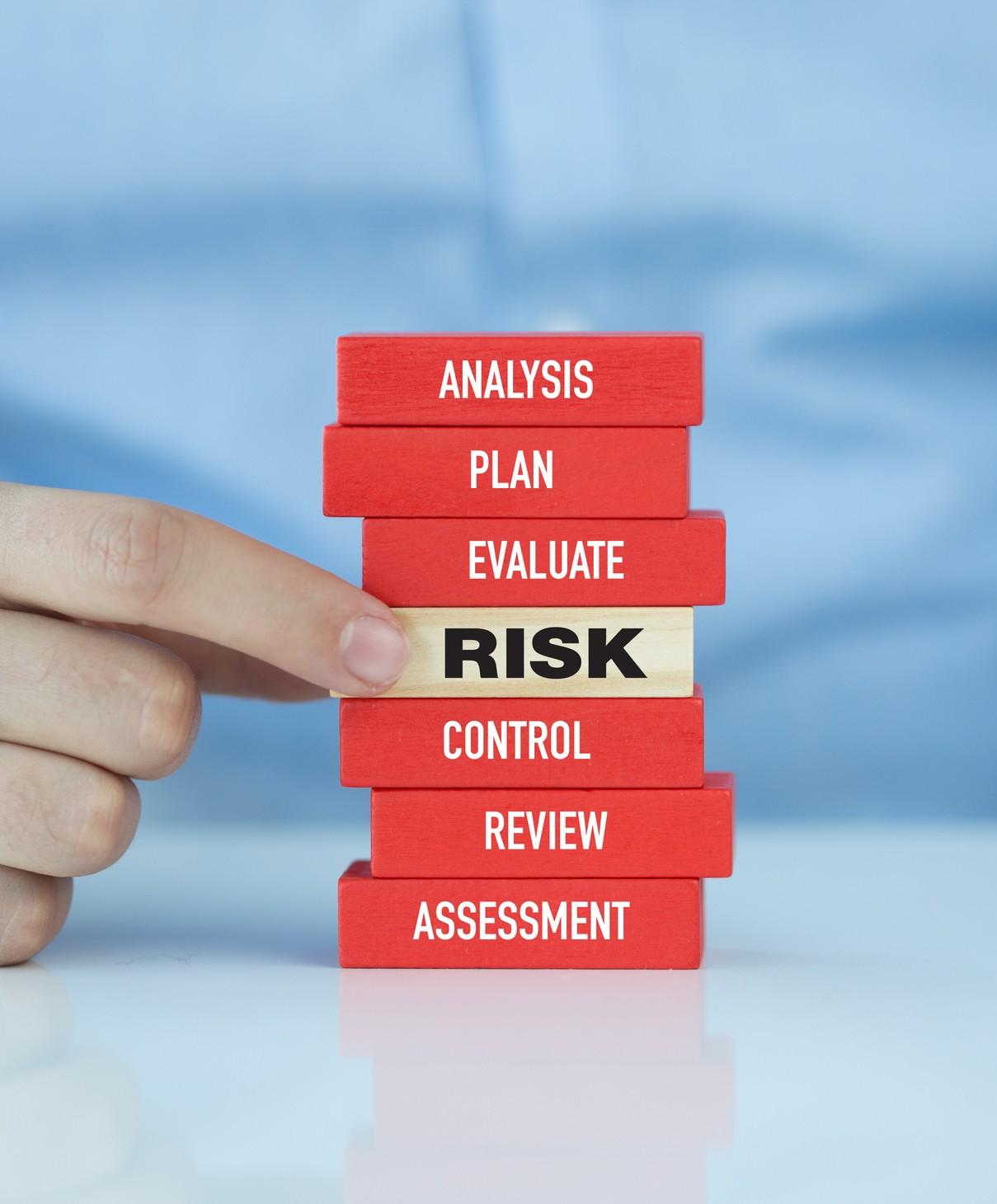
Alvin Ubaldo Explains Risk Management for Small Business Owners

Introduction
Running a small business comes with both opportunities and challenges. One of the biggest challenges is managing risk. Whether you’re just starting or have been in business for years, risks are always present — from unexpected costs to market changes, accidents, or even cyberattacks. That’s why understanding risk management is essential.
Alvin Ubaldo, a business consultant with years of experience working with entrepreneurs, shares valuable insights on how small business owners can manage risks effectively without feeling overwhelmed.
What is risk management?
Riskmanagementistheprocessof identifying, assessing, and controlling threats to a business. These threats could come from many areas, such as financial uncertainty, legal liabilities, technology issues, or natural disasters.
According to Alvin, “Risk management is not about being afraidofproblems.It’saboutbeing prepared.Thegoalistoreducethe

Assess the Risks
Once you’ve listed the risks, the next step is to figure out how likely each one is to happen, and how much damage it could cause. Alvin suggests using a simple scale to rate each risk — for example, low, medium, or high.
“A risk that’s both likely to happen and would cause a lot of damage should be a top priority,” Alvin explains. “But some risks might not be worth worrying about if they’re very unlikely or would have little impact.”
This step helps business owners focus their time and money on the most important risks.



Develop a Plan
After identifying and assessing the risks, the next move is to make a plan for each one. This could involve:
• Avoiding the risk — For example, not offering a service that could lead to legal problems.
• Reducing the risk — Like training employees to prevent accidents or mistakes.
• Transferring the risk — This usually means getting insurance to cover losses.
• Accepting the risk — Some small risks may be worth taking if the benefit is greater than the cost.
Alvin emphasizes the importance of insurance in particular. “Many small business owners think insurance is an extra cost,” he says. “But the truth is, it can save your business if something goes wrong.”


Monitor and Review
Risk management isn’t something you do once and forget. As your business grows or changes, new risks will appear. Alvin advises reviewing your risk plan every few months, or after major changes like launching a new product or hiring more staff.
“You don’t have to be perfect,” Alvin says. “But keeping an eye on risks regularly helps you stay ahead.”


